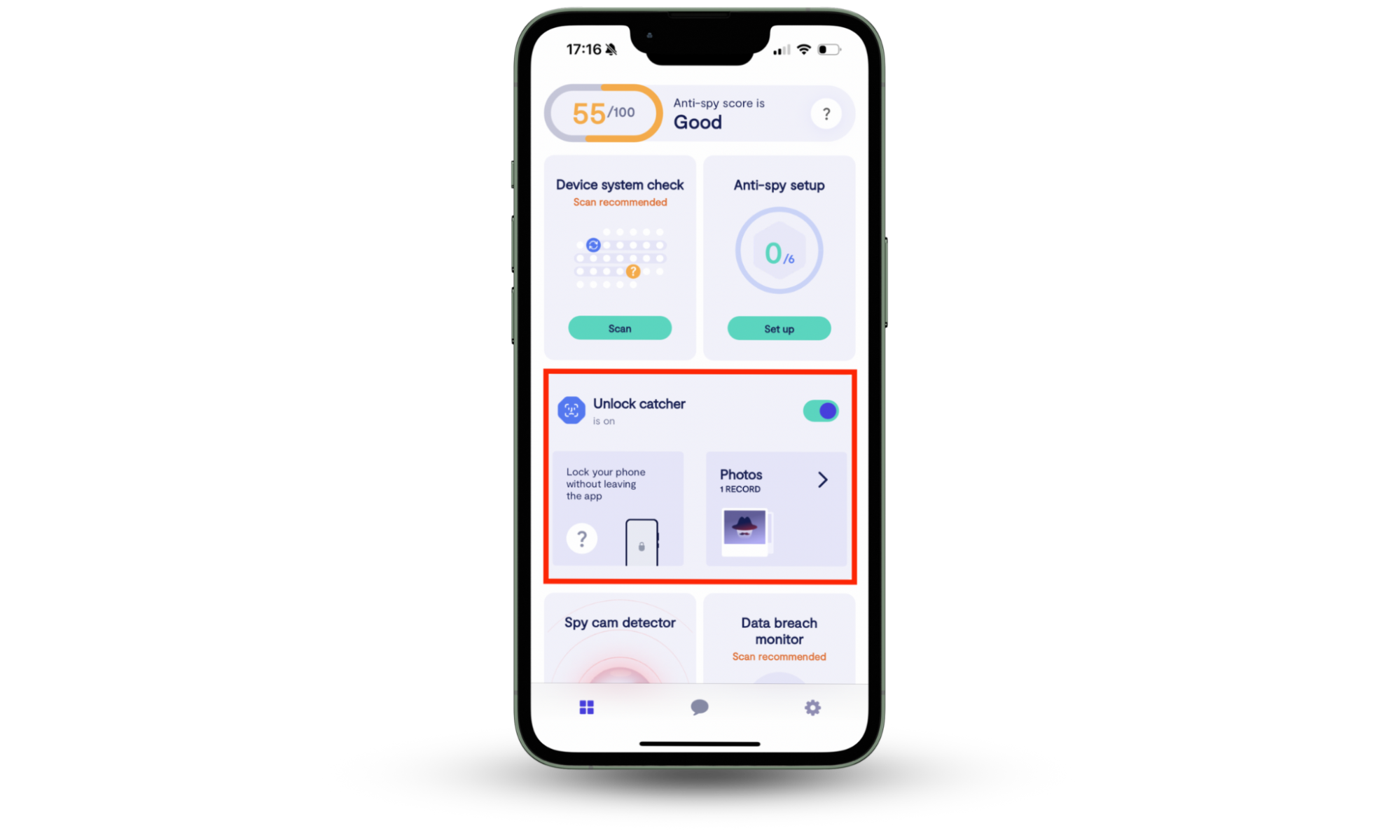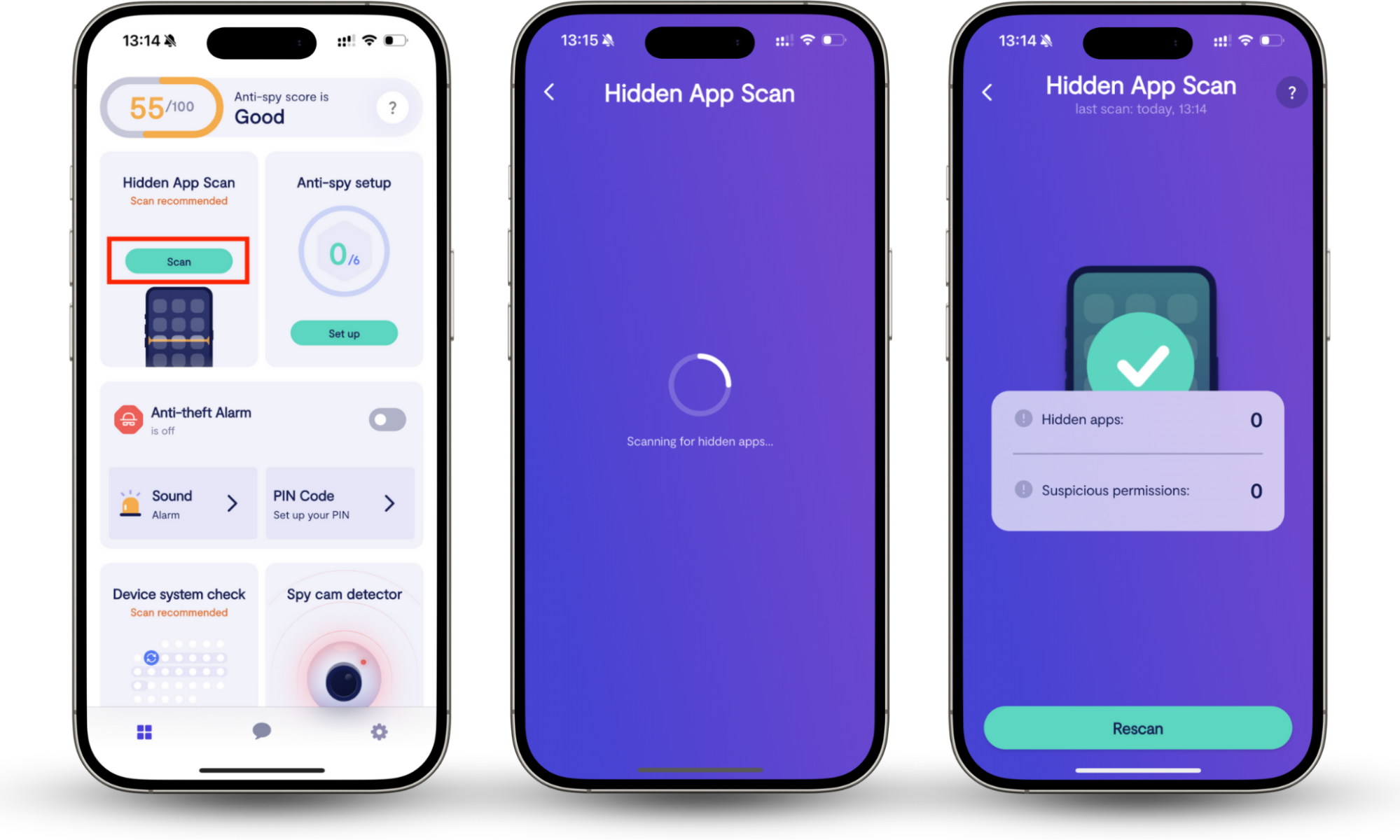Table of contents
- What is emotional abuse
- Indicators of emotional abuse
- 1. Humiliation, criticism, and belittling
- 2. Control, monitoring, and isolation
- 3. Social and physical isolation
- 4. Accusing, blaming, and denial
- 5. Gaslighting and manipulation of reality
- 6. Emotional neglect and withholding
- 7. Passive‑aggression and toxic patterns
- Effects of emotional abuse
- How to protect yourself from emotional abuse
- Conclusion
What is emotional abuse
Emotional abuse is also known as psychological abuse. It’s where someone tries to control you through words and actions, rather than violence. They might criticize you, shout at you, humiliate you in public, or downplay your feelings. Emotional abuse might also include ignoring you, isolating you from friends or family, or monitoring your conversations.
Anyone can be abusive—it could be your husband or partner, your mother or father, your boss, or even your ex. Whoever your abuser is, emotional abuse has a negative effect on your mental health. If you’re worried about a former boyfriend or girlfriend who hasn’t moved on, check out some signs your ex is obsessed with you.
Indicators of emotional abuse
If you feel like they are angry with you for no reason or dismissive of your achievements, these are signs that you are being emotionally abused. Maybe they criticize or humiliate you, try to control you, isolate you from family or friends, or accuse you of wrongdoing. They might give you the silent treatment or even tell you that you’re imagining their behavior.
Remember
If someone in your life displays these behaviors, it isn’t your fault, and you might want to consider addressing the possible effects of the abuse on your mental health at a therapy session.
Let’s look at some of the indicators of emotional abuse in more detail.
1. Humiliation, criticism, and belittling
An abuser might criticize or humiliate you. They might scold you in public or devalue your achievements. Perhaps they embarrass you, or try to bring you down when you’re feeling good.
Humiliation and belittling might include:
- Name-calling or insulting you
- Shouting, yelling, or screaming at you
- Embarrassing you in front of others
- Dismissing things you’re proud of
- Making fun of your achievements
Maybe you’ve had a new haircut and your husband says it looks awful. Perhaps your boss screams at you in front of coworkers. Maybe your partner or parents tell you that you’re lazy or stupid. This kind of criticism is one of the key characteristics of emotional abuse, and you deserve better.
2. Control, monitoring, and isolation
An abuser might invade your privacy, control where you go or who you see, or even monitor your phone. Do you have to ask for permission to see friends? You might not be allowed to spend time with family or go shopping alone—all of these are indicators of emotional abuse.
In some cases, these might be normal boundaries—for example, if you’re a child. However, if you’re an adult and it’s still happening, it could be a sign of emotional abuse.
Signs of emotional abuse might include:
- Making you ask for permission to do things
- Refusing to let you go out
- Monitoring your spending
- Checking your phone or computer
- Installing monitoring apps on your devices
An abuser might monitor what you’re doing, either online or in person. They might unlock your phone, check your messages, or even install monitoring software. If you’re worried about someone spying on you through your phone, Clario Anti Spy can help. The app’s Unlock catcher secretly takes a photo when your phone is unlocked, so you can tell if your abuser is checking on your phone.
How to see who’s unlocking your phone:
- Download Clario Anti Spy and subscribe.
- Enable Unlock catcher and lock your phone.
- When you return to your phone, check the Photos section in the app to see who’s been unlocking your phone.

If you’re worried about hidden spy apps on your phone, Clario Anti Spy’s Hidden app scan can help. It checks for hidden software, as well as apps that have suspicious permissions, such as unnecessary access to your microphone, camera, or contacts.
A customer recently contacted the Clario Anti Spy team with concerns about her partner. She was frightened by how he seemed to know details about private conversations, so she wanted to check if she was being monitored. The Clario Anti Spy support experts talked her through using the Hidden app scan, which found a suspicious app running in the background of her phone.
This app was running in the background, collecting data about her whereabouts, private conversations, and even pictures she took. After removing the app, she restored her privacy, but the trust in their relationship has been chipped.
Here’s how you can check for hidden apps on your phone:
- Download Clario Anti Spy and set up a subscription.
- Under Hidden app scan, tap Scan.
- Wait for the app to run the scan. If any suspicious apps are found, simply follow the on-screen instructions to restore your privacy.

3. Social and physical isolation
An abuser might try to isolate you from others. They might try to ruin your relationships with friends, family, or colleagues.
The characteristics of emotional abuse might include:
- Getting upset or angry if you speak to friends or family
- Turning people against you by spreading lies or rumors
- Telling you that people don’t care about you
- Preventing you from leaving the house
Isolation is a powerful weapon. If you’re close to friends and family, you’ll share your feelings with them, and they might encourage you to leave your abuser. So, isolating you lets the abuser continue their behavior.
4. Accusing, blaming, and denial
An abuser might blame you for things that go wrong, or accuse you of wrongdoing. They might deny doing anything wrong themselves, while accusing you of doing the exact same thing.
Pay attention to these signs of emotional abuse:
- Blaming you for unrelated things
- Guilt-tripping you
- Accusing you of cheating or lying
As a result, you can start to doubt yourself. Unfounded accusations can really affect your mental health.
Guilt-tripping is particularly common in an abusive parent or partner’s psychology. They might say, “If you really loved me, you’d do this.” But remember, it’s healthy to have your own boundaries.
5. Gaslighting and manipulation of reality
An abuser saying that your perception of things isn’t real is gaslighting. They might start arguments, tell you it was your fault, or deny something you remember clearly.
Signs of gaslighting as emotional abuse include:
- Denying doing or saying something
- Picking fights and shifting blame
- Telling you that you’re overreacting
Gaslighting can make it hard to understand what’s real. If you feel confused about what’s happening, talk to a trusted friend or family member, and research therapy providers near you.
6. Emotional neglect and withholding
Emotional abusers often withhold affection or give you the silent treatment. They punish you by only showing affection when you’ve done something for them.
Withholding as an indicator of emotional abuse looks like this:
- Ignoring your phone calls or messages
- Refusing to talk to you
- Refusing to look at you
- Only being affectionate in public
If you experience emotional neglect, it can be tough to cope. Even if you know that your mom, dad, or spouse is abusive, you may still love them and want their affection and approval. This is why it is so dangerous and needs to be addressed.
7. Passive‑aggression and toxic patterns
Being passive-aggressive, rather than confronting issues head-on, is a clear sign of someone who’s not coping well. They might never shout or scream, but they can still make negative comments and gradually destroy your self-esteem.
Passive aggression and toxic patterns usually look like this:
- Refusing to talk about problems
- Making sarcastic comments or giving backhanded compliments
- Posting vague messages online to imply that there’s a problem
- Deliberately doing tasks badly or making mistakes on purpose
Emotional abusers are often obsessed with their own image. They might do this so that they look like the “good guy,” and you look like the unreasonable one. Worried that your narcissist abuser might escalate their control? Learn about narcissist stalking signs.
Effects of emotional abuse
Emotional abuse can have long-lasting effects. Many survivors have low self-esteem and often doubt themselves as a result of having been gaslit for years. They’re likely to suffer from depression and anxiety, and even post-traumatic stress disorder.
Lots of abusers isolate their victims from their support system, so you might lose friends. This also means that victims often find it hard to leave emotionally abusive relationships. They might also stay in the hope that their abuser will change, or even because they believe that the abuse is their own fault.
Unfortunately, abuse doesn’t always end when relationships do. If you’ve already escaped from an abuser but are still worried they might find you, learn how to know if your ex is still stalking you on social media.
The impact of emotional abuse can even continue into future marriages and relationships. You might find yourself repeating the pattern of toxic relationships, dating abusers again, only because our brain seeks familiar patterns to stay in the comfort zone. Or, you might find it hard to trust new people, worrying that they’ll become abusive.
How to protect yourself from emotional abuse
- If you’re being abused, talk to a trusted friend or family member. Make sure that your abuser can’t hear or see the conversation. Check your phone for hidden monitoring software, and don’t save messages if your abuser checks your online accounts.
- Research therapy and contact a local therapist. A trained counselor might help you understand your parent or partner’s psychology, and can be a good support system. You can often find therapists through local domestic violence organizations or via your healthline or care provider.
- Keep records of what’s happening. It can be hard to trust yourself if you’re experiencing emotional abuse. Keeping notes of your abuser’s behavior can help you gain the courage to leave.
- Make an exit plan. It’s not always easy to leave an abusive relationship, but it is worthwhile.
Conclusion
Emotional abuse can be difficult to identify. Unlike physical abuse, it’s not always obvious. Some of the indicators of emotional abuse include humiliation and criticism, control and monitoring, gaslighting, and emotional neglect.
If you suspect that you’re a victim of psychological abuse, talk to someone you trust. Make an exit plan if possible. Find out if you’re being monitored through your phone, so you know whether it’s safe to call, text, or message your friends and family. Clario Anti Spy’s Unlock catcher and Hidden app scan can help you discover if your phone’s safety has been compromised.


